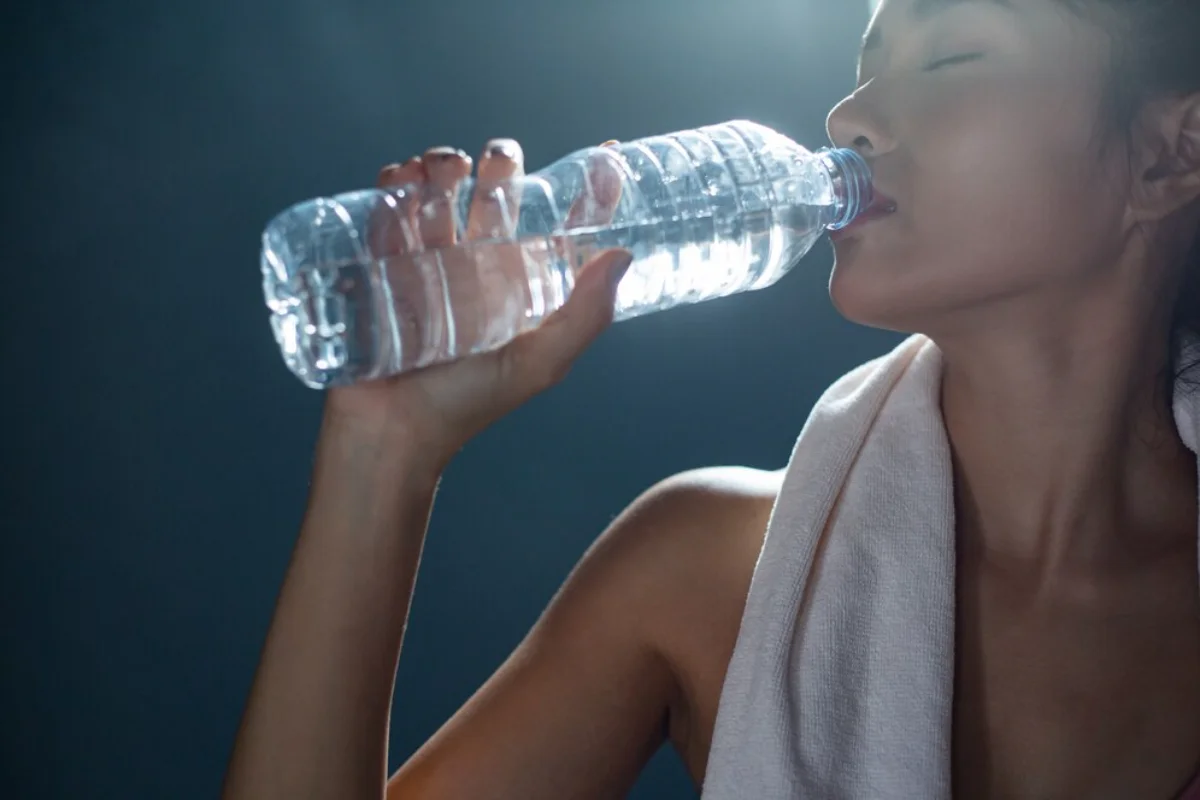
The Importance of Hydration: How Much Water Do You Really Need?
Proper hydration is crucial to our health, but it often gets overlooked. Understanding hydration can make a difference to your well-being. In this guide, we delve into hydration 101, including daily needs and practical tips. We also explain the signs of dehydration and how to maintain hydration in your daily life.

Why Hydration Matters
The human body is about 60% water, making it vital for many functions. Water helps balance body fluids, regulate temperature, and support digestion. Staying hydrated is essential for both physical and mental performance.
The Role of Water in the Body
Water is crucial for several body processes:
- Cell Function: Water transports nutrients and oxygen to cells and removes waste.
- Temperature Control: Water helps regulate body temperature through sweating and breathing.
- Joint Lubrication: It reduces friction in joints, preventing wear and tear.
- Digestive Health: Proper hydration aids digestion and nutrient absorption.
- Detoxification: Water supports kidney function, helping to remove toxins.
Real-Life Applications and Data-Backed Insights
A study in Nutrition Reviews found that even mild dehydration can hurt mood and memory. Research from the American Journal of Clinical Nutrition shows good hydration boosts physical performance, especially for athletes.

How Much Water Do You Need?
Opinions vary on daily water intake. A standard guideline is eight 8-ounce glasses, known as the “8×8 rule.” However, individual needs differ based on various factors.
Factors Influencing Daily Water Intake
Several factors affect how much water you need:
- Age and Gender: Men usually need more water than women.
- Activity Level: Those who exercise regularly may need extra water.
- Climate: Hot weather increases fluid loss, requiring more intake.
- Health Conditions: Illness can raise water needs.
- Diet: High-sodium or high-protein diets may need more water to process.
Calculating Your Water Needs
To find your daily water intake:
- General Recommendation: The NHS suggests six to eight glasses of fluid daily, including water, lower-fat milk, and sugar-free drinks.
- Weight-Based Calculation: Drink 30-35ml of water per kilogram of body weight. For example, a 70kg person should aim for 2.1 to 2.45 litres daily.
- Activity Adjustment: Drink an extra 400-600ml for every hour of moderate exercise.

Best Hydration Tips for Optimal Health
Here are some expert tips for staying hydrated:
Start Your Day with Water
Drink a glass of water in the morning to rehydrate. This helps replenish fluids lost overnight.
Carry a Reusable Water Bottle
A reusable bottle reminds you to drink more. Look for one with measurement markings to track your intake.
Infuse Water with Flavor
If plain water isn’t appealing, add slices of fruits, vegetables, or herbs. Lemon, cucumber, and mint enhance flavour and encourage more drinking.
Set Hydration Goals
Create achievable hydration goals. Use apps or phone reminders to help you drink water regularly.
Monitor Urine Color
Check your urine colour to gauge hydration. Pale yellow usually means you’re well-hydrated, while darker colours indicate a need for more fluids.
Signs of Dehydration and How to Avoid Them
It’s essential to recognise dehydration signs:
- Thirst: The body’s first signal to drink more fluids.
- Dry Mouth and Lips: Lack of saliva can lead to dryness and chapping.
- Fatigue: Dehydration can cause tiredness and sluggishness.
- Dizziness: Low fluid levels can affect blood pressure, causing dizziness.
- Decreased Urine Output: Less frequent urination can signal dehydration.
Preventing Dehydration
Follow these practices to avoid dehydration:
- Regular Intake: Drink small amounts of water throughout the day instead of large quantities at once.
- Increase Fluid Intake in Heat: Drink more in hot or humid conditions.
- Listen to Your Body: Respond to thirst and dehydration signals quickly.
Advanced Insights and Expert Recommendations
To further improve your hydration:
Electrolyte Balance
Water alone isn’t enough; balance electrolytes like sodium, potassium, and magnesium. These minerals aid nerve function, muscle contraction, and fluid balance. Include electrolyte-rich foods or drinks, especially after workouts or in heat.
Hydration and Mental Health
Research shows a link between hydration and mental health. A study in Psychiatry Research found that those who drink more water report less anxiety and depression.
Customised Hydration Plans
Talk to a healthcare professional or nutritionist about a personalised hydration plan for specific health needs. This will ensure that your strategy meets your unique needs.
Elevate Your Daily Health Practices
Photo by Bill Oxford on Unsplash: Staying hydrated is essential for health and wellness. Improving your well-being through hydration 6 Ways to Improve Your Well-Being through Hydration By knowing how important hydration is and recognising the signs of dehydration, you can improve your body. Little adjustments to your day-to-day habits can go a long way. Therefore, find a way to prioritise hydration in your life.
So, as you think about how much water you’re drinking, consider how it impacts your long-term health goals. Are you drinking enough? Start planning to implement hydration into your life.